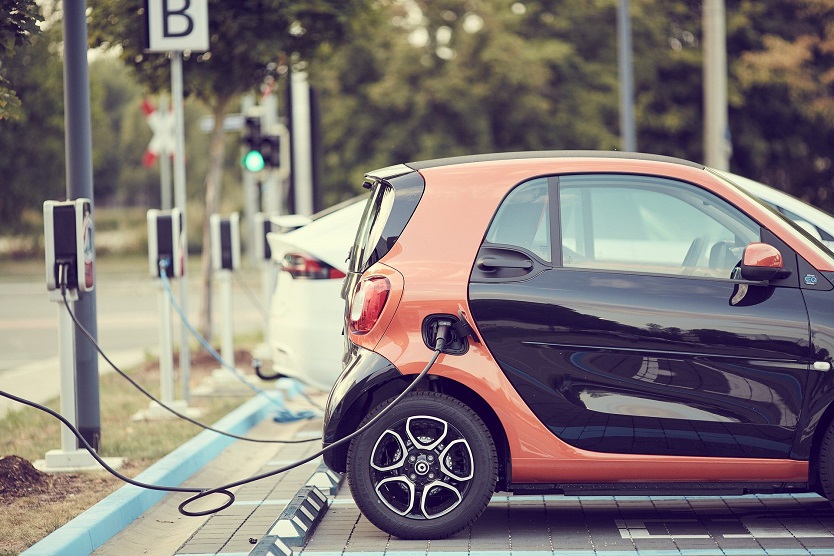
A new, agile production system will be developed based on modular components designed to be used in a variety of vehicles, with standardization of interfaces.
Sales of electric motors in Germany tripled between 2015 and 2019, but the quantities of e-vehicles manufactured domestically remains low due to a number of factors including small batch production and inflexibilities in the highly-specialised manufacturing process. The Karlsruhe Institute of Technology (KIT) has set out to change all that with the AgiloDrive project: its goal is to make it economically viable for auto makers to mass produce e-cars in Germany, essentially by following a “kit car” model.
A new, agile production system will be developed based on modular components designed to be used in a variety of vehicles, with standardization of interfaces. Research will also be conducted into how production can be scaled up. The big idea is to reduce the upfront risk for manufacturers and entrepreneurs when opening up new production lines in Germany. The system can be flexed to respond to changing technologies and market requirements.
AgiloDrive sees KIT join forces with the local Institute for Production Science (wbk) and the Electrochemical Institute as well as three industrial partners: Schaeffler Automotive Buehl GmbH Co KG, Gehring Technologies GmbH, and the state agency e-mobil BW GmbH as associated partner, with funding of around EUR 1 million from the Baden-Württemberg Ministry of Economics.
"We want to make it possible to produce electric motors so flexibly in the future that a wide range of variants, technologies and quantities can be manufactured at any time. In this way, cost-reducing economies of scale can also be used across different product series and production technologies," says Professor Jürgen Fleischer, head of the wbk Institute for Production Engineering at KIT in a release.
AgiloDrive will help secure Baden-Württemberg and Germany’s future as a location for automotive and mechanical engineering, as the industry begins to transition away from fossil fuels.


